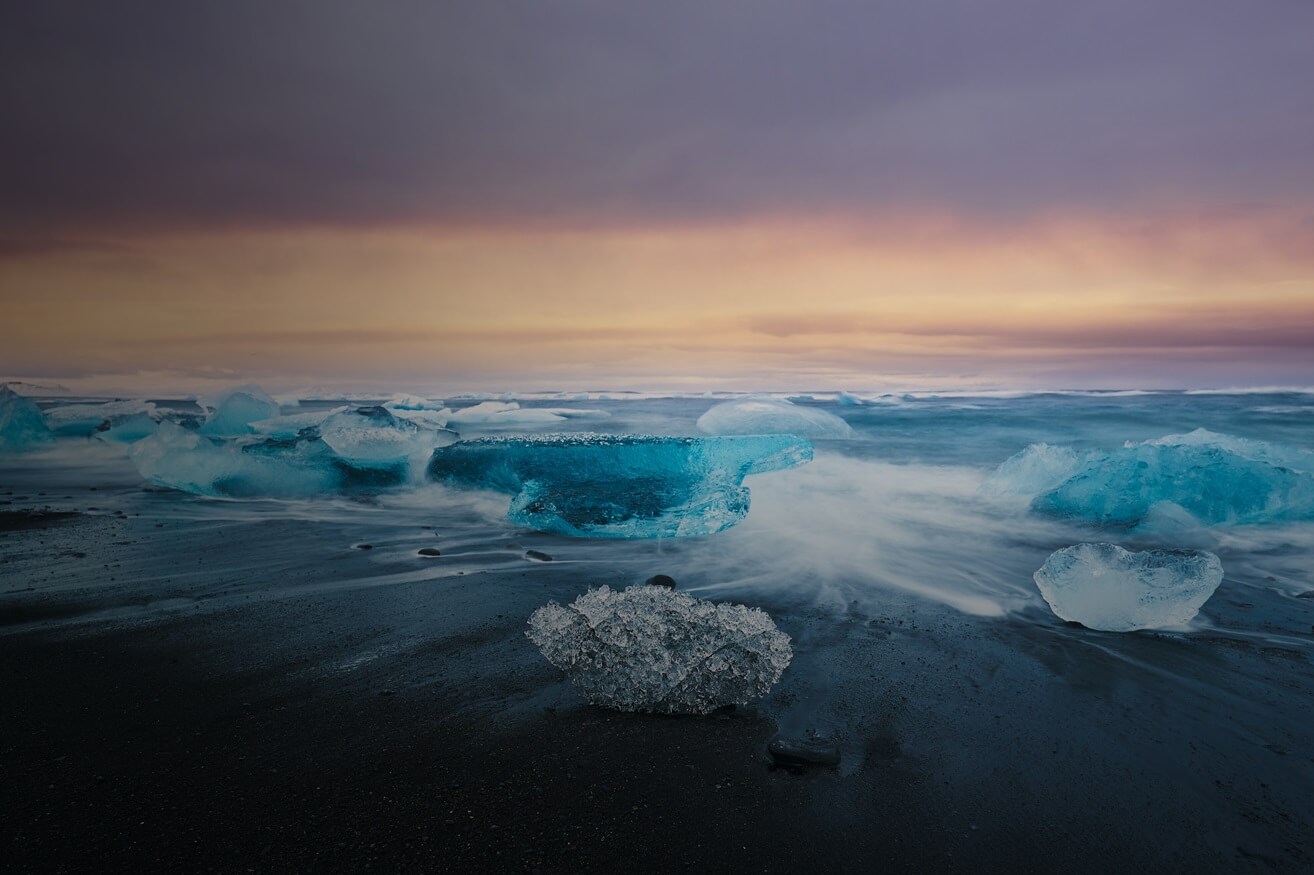
Recognizing Graduate Student Scientists
The Harry Elderfield Student Paper Award is presented annually and recognizes an exemplary manuscript by a graduate student.
This award was named in honor of Professor Harry Elderfield, who determined how different water masses in the ocean could be identified from rare Earth materials. Elderfield also established a mechanism for distinguishing between changes caused by ocean temperatures and those cause by ice sheet changes in oxygen isotope records. The Elderfield Student Paper Award is presented at the Paleoceanography and Paleoclimatology section event during the AGU Fall Meeting.
- A $500 prize
- An award certificate
- Recognition at AGU's annual meeting during the award presentation year
- Complimentary registration for honoree to attend AGU's annual meeting during the award presentation year
- Complimentary ticket to the Paleo Paleo Section event.
About the Paleoceanography and Paleoclimatology Section
The Paleoceanography and Paleoclimatology (Paleo/Paleo) section supports scientists working on all aspects of understanding and reconstructing Earth’s past climate and environments from the Precambrian to modern analogs.
Eligibility
- an active AGU member
- primarily affiliated with the Paleoceanography and Paleoclimatology section

